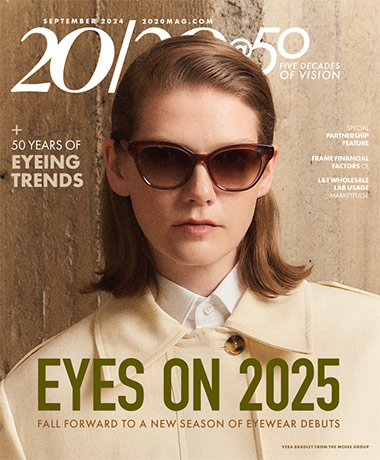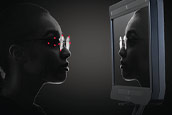 My generation (as The Who croons) is the first group to come of age in the 21st century. Our lives have been shaped by the technology that surrounded us. Internet usage was deeply engrained in our daily lives: playing primitive cyberspace games, chatting with friends via AOL and GChat, asking Jeeves and googling intimate questions, writing dissertations on Google Drive and turning in papers via e-mail. And then there is Facebook, Instagram and a myriad of other social media networks that we leverage to develop and maintain relationships, make connections and network.
My generation (as The Who croons) is the first group to come of age in the 21st century. Our lives have been shaped by the technology that surrounded us. Internet usage was deeply engrained in our daily lives: playing primitive cyberspace games, chatting with friends via AOL and GChat, asking Jeeves and googling intimate questions, writing dissertations on Google Drive and turning in papers via e-mail. And then there is Facebook, Instagram and a myriad of other social media networks that we leverage to develop and maintain relationships, make connections and network.
Our lives are streamlined, digital and all online. I order a car service via Uber, sign up for Yoga classes with MindBody Connect, have my laundry and dry cleaning done with FlyCleaners and stay in touch with my London-based sister via Snapchat. My executive house manager is my iPhone. And all of my peers organize their lives in a similar manner.
This hyperconnected lifestyle extends to our careers. We crave jobs with substance that allow us to connect our passions with our intelligence, resulting in flexible workplace arrangements that offer meaningful work with social impact, collaboration and creativity. Studies have shown that Millennials place value on thoughtful work over monetary compensation. The rise of entrepreneurs and startups is proof of this. Brands we love are also an illustration of this. We demand superior quality. It’s apropos that as Millennials have come of age, the usage of words like artisanal, gourmet and locally-sourced has increased: Think fair-trade coffee roasted in a sustainable facility in North Carolina or a timepiece entirely handcrafted in America.
We’re drawn to brands that carry an authentic narrative, that fulfil our desire to be socially and environmentally responsible. Companies that present a compelling story, that build social purpose into the business model, top the Millennial want list. We want to engage with brands that provide an immersive, experiential, deeply personal approach to running its business—think Toms’ “One for One” concept.
In the optical industry, several companies have built stewardship into its business model—whether through sustainable manufacturing practices or setting up charitable foundations. To name only a sampling, Modo Eyewear is committed to its “One Frame One Tree” campaign: donating and planting a tree for every frame sold; or Luxottica’s partnership with OneSight, an organization that helps communities create long-term vision care access.
My young, idealistic generation wants to create social good as much as we want perks like on-demand taxis and food delivery. So whether it’s founding a company that will disrupt how we hail a cab, or it’s choosing to purchase only from companies with sustainable manufacturing practices, we Millennials strive to link our passion and intellect to make an even greater impact.
—Patrisha Holly Zabrycki
Senior Editor
[email protected]










